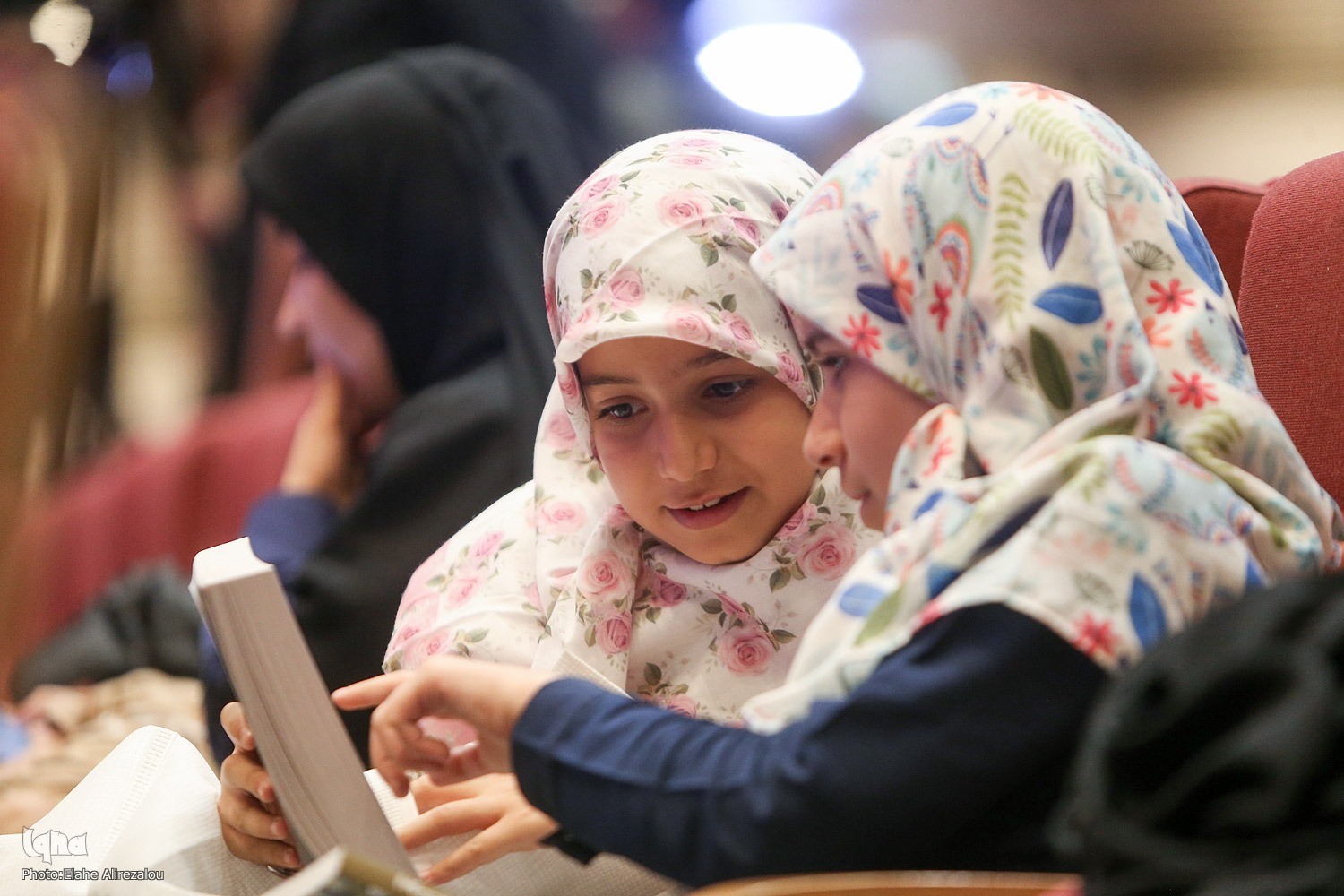Researcher Outlines Four Common Mistakes Parents Make in Religious Upbringing

Speaking to IQNA, the Iranian researcher said effective religious education begins not with instruction, but with self-development and personal example.
“The first condition for raising a child is self-purification,” Shamsaei said, emphasizing that children learn more from observation than from words. “If I pray but lie in front of my child, he sees that contradiction, regardless of his age.”
She added that consistency between words and actions forms the foundation of a child’s moral understanding.
Read More:
Shamsaei identified four key mistakes parents make in this process. The first, she said, is expecting children to mirror their parents’ level of faith and devotion. Parents often assume their children should display the same religious discipline they developed in adulthood, forgetting that spiritual growth is gradual.
The second mistake, according to Shamsaei, is excessive preaching and moralizing. “Advising constantly, no matter the child’s age, is ineffective,” she said.
The third common error, she noted, is judging or interrogating children about their religious practice. “If a teenager says he has prayed, trust him. Even if you think he hasn’t, avoid pressing the issue,” she advised. Persistent doubt, she warned, could push children away from spiritual engagement.
Read More:
The fourth mistake, Shamsaei explained, involves sarcasm and ridicule. Parents should avoid mocking their children’s faith or using irony when discussing religious behavior. “Do not say, ‘Oh, you pray now?’ or make fun of their practice,” she said. “Sarcasm and taunting are forbidden.”
Instead, she urged parents to build trust and positive communication, providing a sense of safety so that children feel comfortable discussing doubts or challenges. “If you stay connected with your children and show genuine understanding,” Shamsaei maintained, “they will eventually return to you—and to faith—on their own terms.”
4315061



